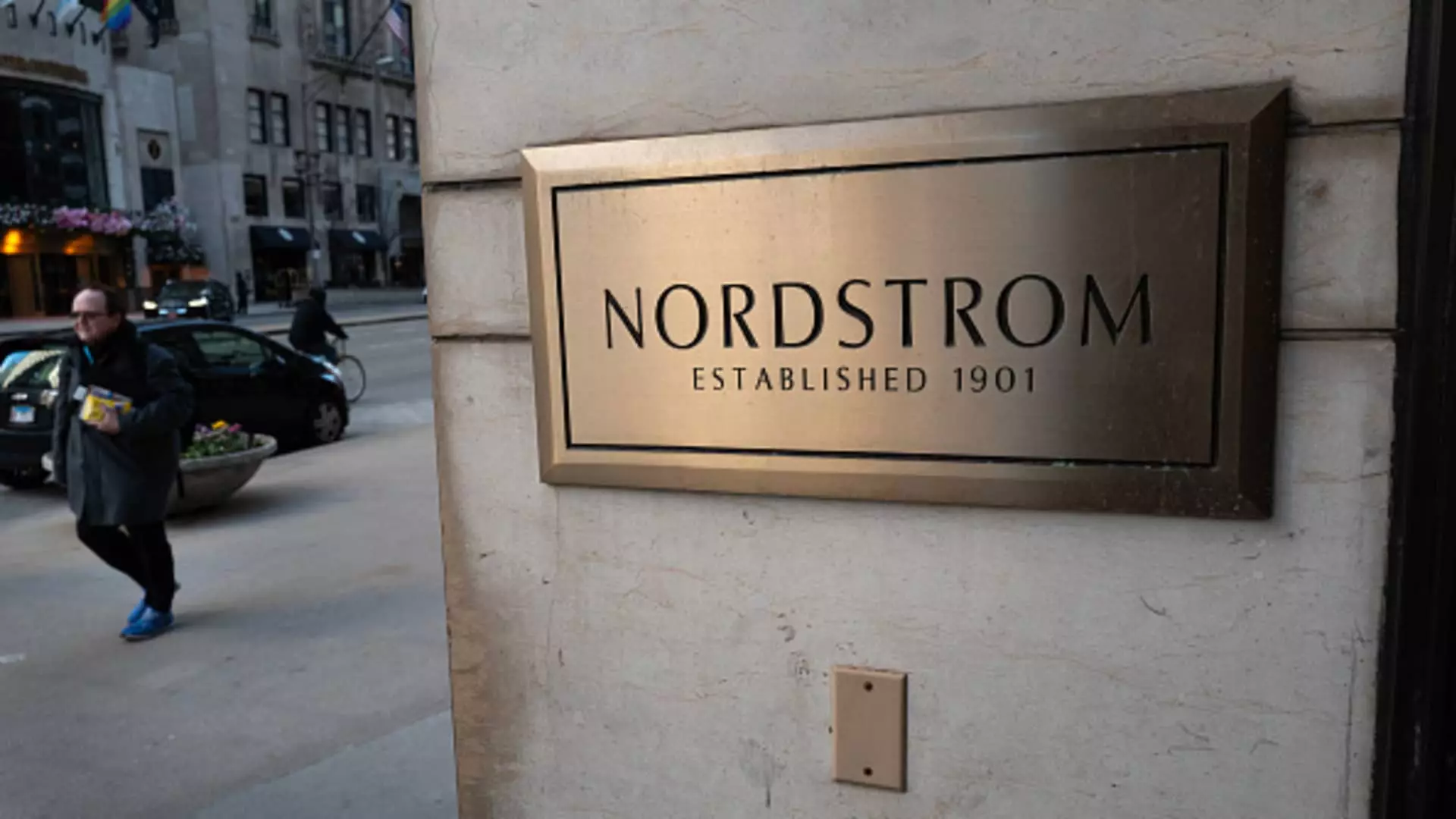In a significant move for both the retail market and its operations, Nordstrom has announced its intent to become a private entity after finalizing a buyout deal estimated at $6.25 billion. This agreement involves the company’s founding family and El Puerto de Liverpool, a major Mexican department store chain. The unanimous approval by Nordstrom’s board of directors paves the way for the deal, expected to conclude by mid-2025. Under this agreement, the Nordstrom family will hold a controlling interest of 50.1%, while El Puerto de Liverpool will own the remaining 49.9%. Shareholders will receive a cash payout of $24.25 per share, signaling a substantial return amid an evolving retail landscape.
A Strategic Shift in Ownership
The decision to privatize follows a previous unsuccessful attempt in 2018 and indicates the family’s ongoing commitment to the brand’s vision and sustainability. CEO Erik Nordstrom expressed optimism about this new chapter, emphasizing a longstanding organizational ethos centered on customer satisfaction and quality service. As competitors in the retail sphere struggle with fluctuating demand and consumer preferences, the change in ownership is not merely financial—but also strategic, aiming to realign Nordstrom’s objectives with a more tailored approach to its customer base.
Despite a modest 4% revenue increase in its most recent fiscal quarter, Nordstrom’s forecasts reflect caution, particularly regarding the upcoming holiday season. The luxury retail sector is grappling with evolving consumer behavior, where spending on non-essential items has become increasingly scrutinized amidst rising living costs. Major retailers, including Walmart and Target, have reported similar trends, indicating a shift in customer purchasing patterns. This backdrop presents challenges for Nordstrom, which has positioned itself in the higher-end segment of the market, necessitating agile strategy adaptations to maintain its competitive advantage.
Founded in 1901 as a humble shoe retailer, Nordstrom has grown into an expansive department store chain with over 350 locations, including Nordstrom Rack and local boutiques. This storied history reflects an adaptive business model that has continually evolved to meet market demands. The collaboration with El Puerto de Liverpool introduces a new dimension to its operational framework, suggesting potential opportunities for growth within the Mexican market and beyond.
Looking Ahead: Challenges and Opportunities
As the management gears up for this transition, the pressing question remains: how will Nordstrom navigate the challenges posed by the current retail environment while leveraging its new ownership structure? With a familiar emphasis on customer satisfaction and a robust heritage underpinning its operations, Nordstrom faces the task of redefining its value propositions. In conjunction with its new partners, it will be essential for the company to innovate, enhance its online presence, and respond dynamically to consumer trends, ensuring that it not only survives but thrives in an increasingly competitive market landscape. The upcoming year will undoubtedly be pivotal as Nordstrom embarks on this new venture.

